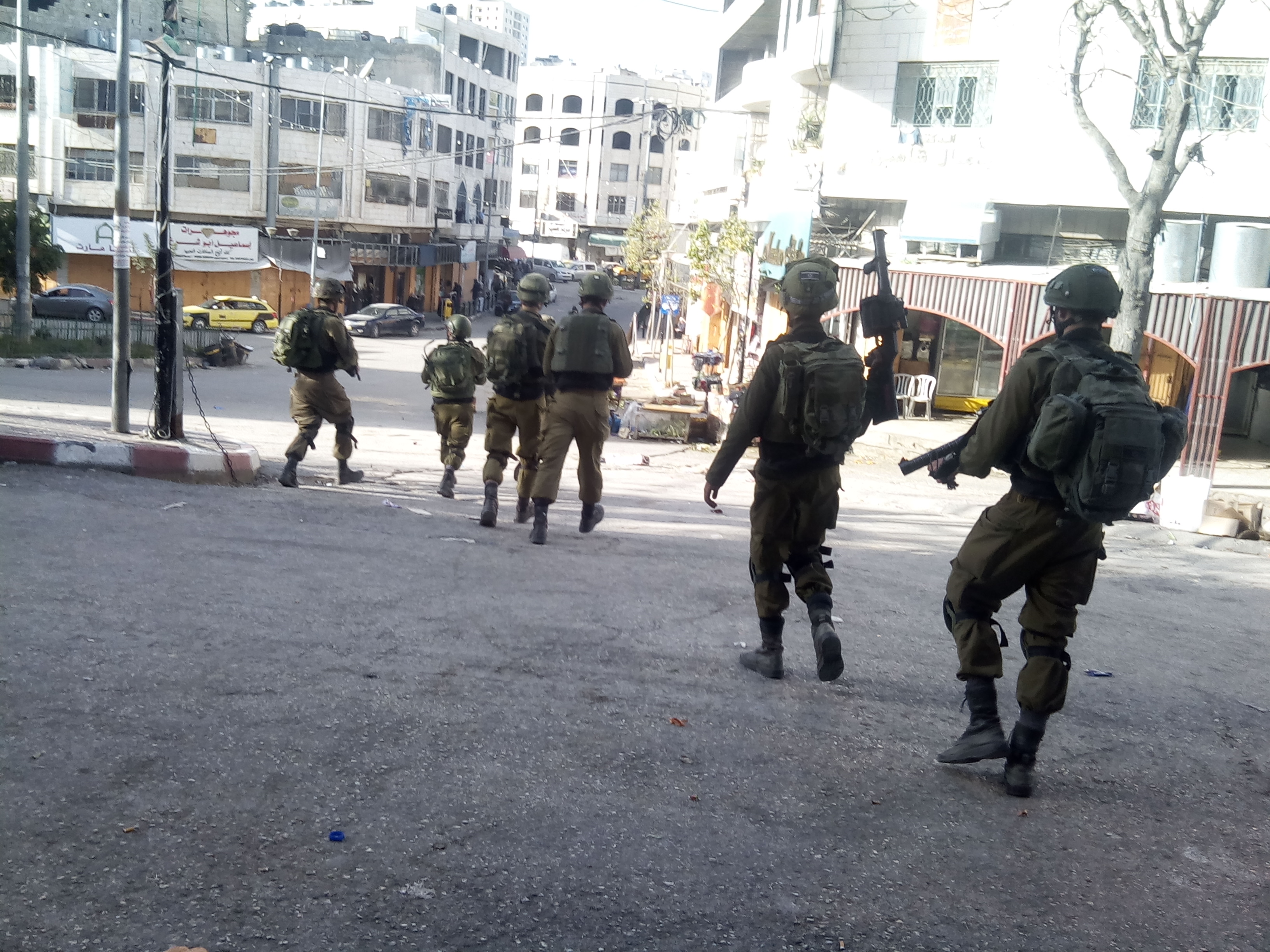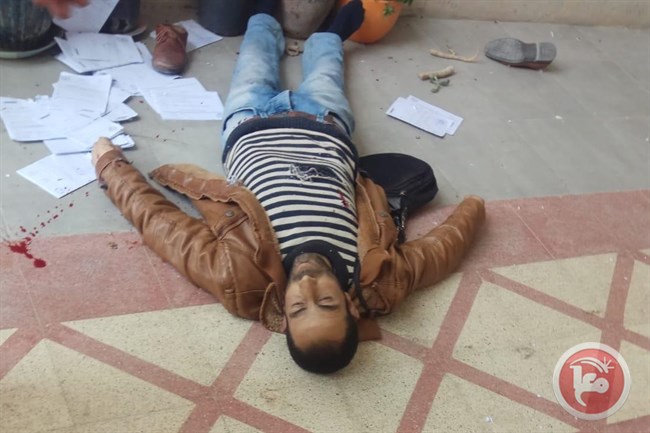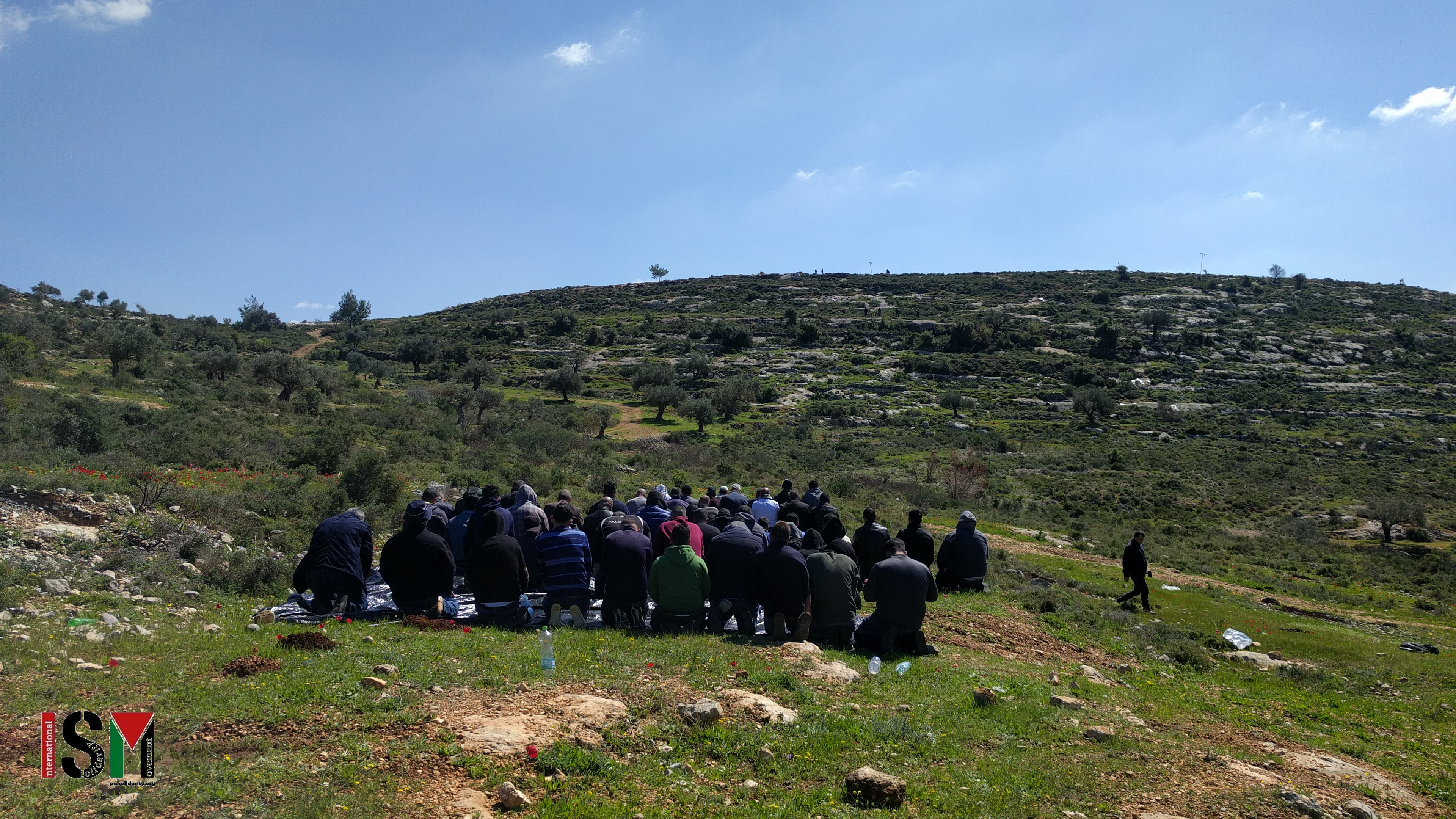Category: Reports
-
Invasion and attack in Al Khalil (Hebron) 3/13/19
March 13, 2019 | International Solidarity Movement, Al-Khalil team | Al-Khalil (Hebron), occupied Palestine Israeli Defense Forces storm into Al Khalil (Hebron), and attack and arrest journalists and internationals before bombarding the city with stun grenades, tear gas, rubber coated steel bullets and live ammunition.
-
Prayers end with tear gas in Ras Karkar
March 8, 2019 | International Solidarity Movement, Al-Khalil team | Ras Karkar, occupied Palestine This Friday, the inhabitants of the villages around Mount al-Risan–where an outpost has been established by illegal settlers on Palestinian land–gathered for a day of peaceful protest and prayer. As soon as the religious ritual ended, the military ritual began. Before…



